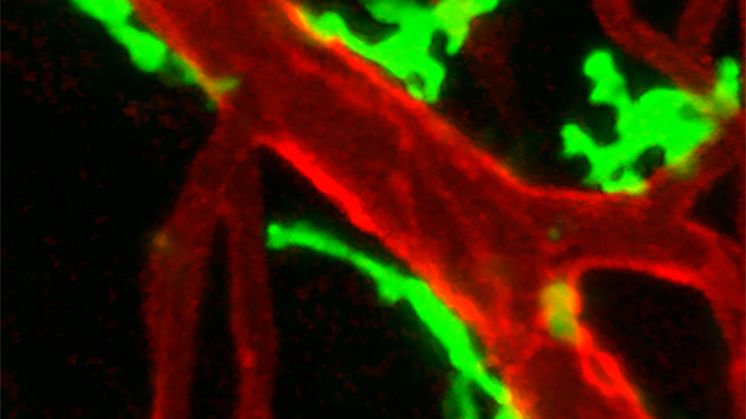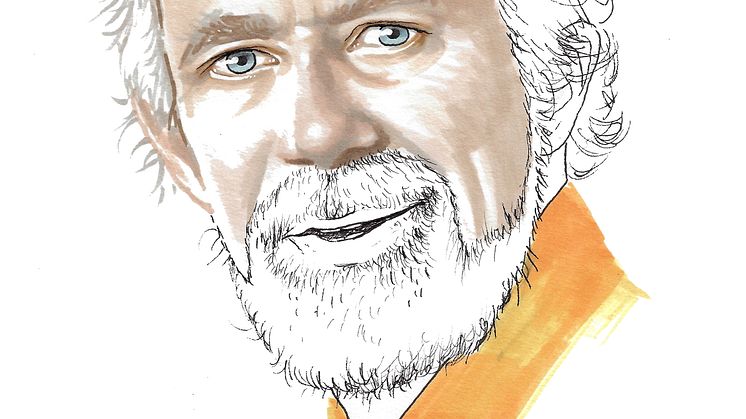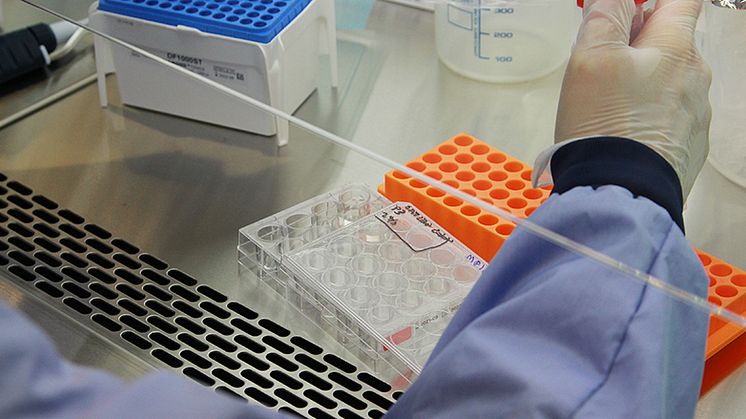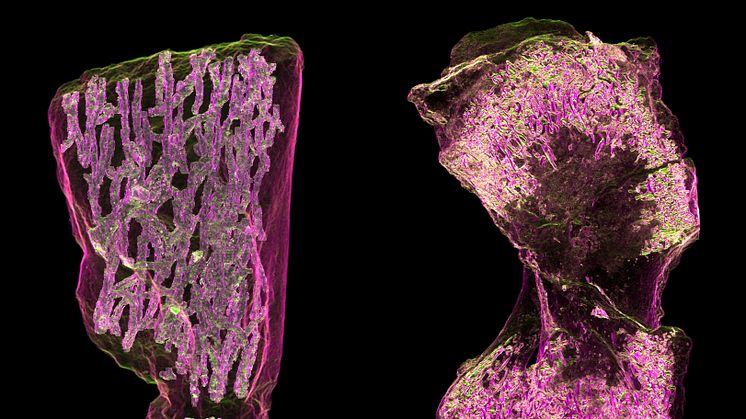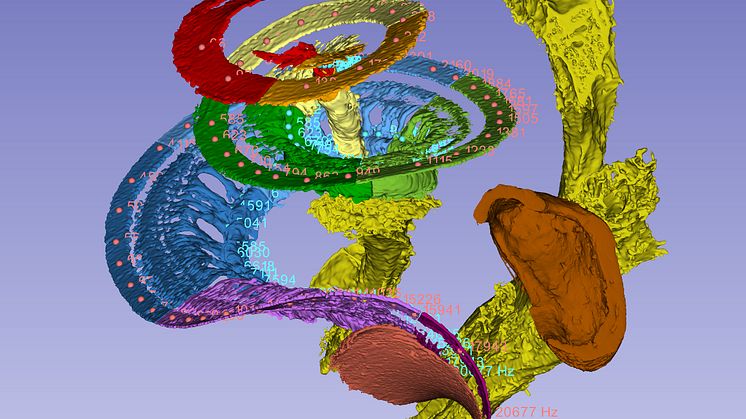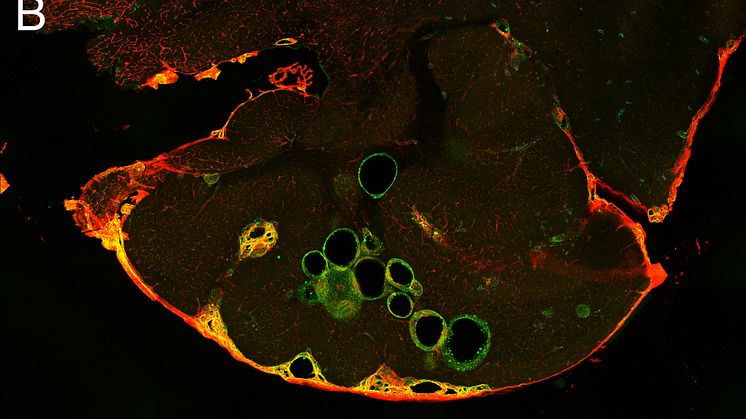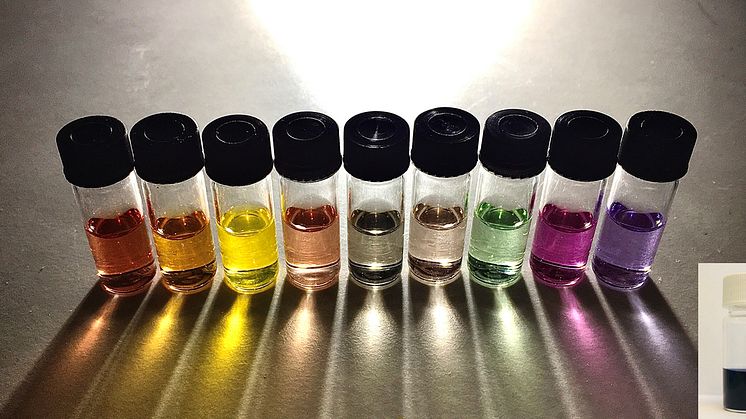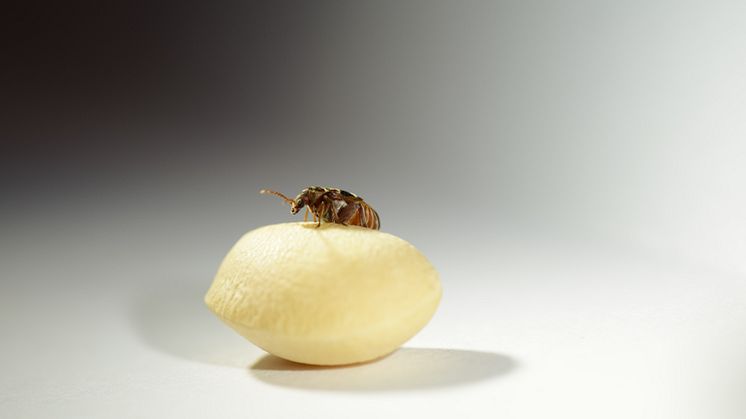Conspiracy theories characterise views in and about Europe
Conspiratorial narratives of internal disintegration and external threats affect views in the European Union and Europe to an increasing extent. Our trust in society is put to the test in crises when various groups are singled out as the villains. In extreme cases, this can inspire acts of terror. Researchers from Uppsala University are among those demonstrating this in a new book.
